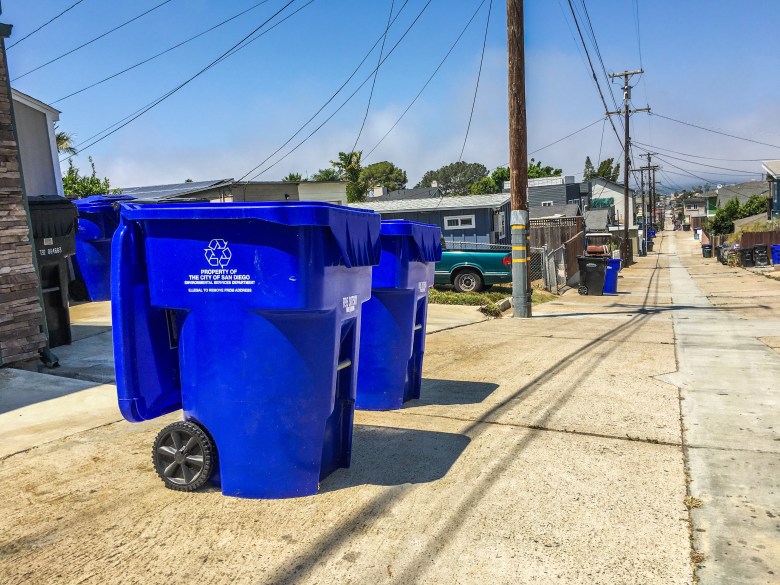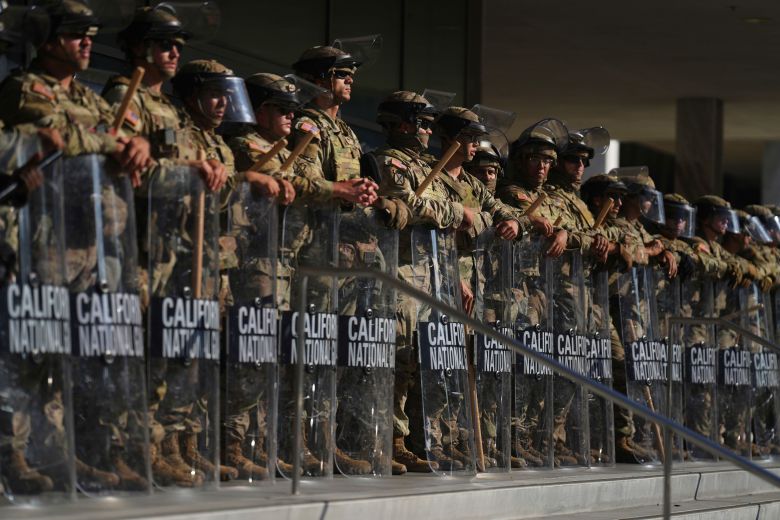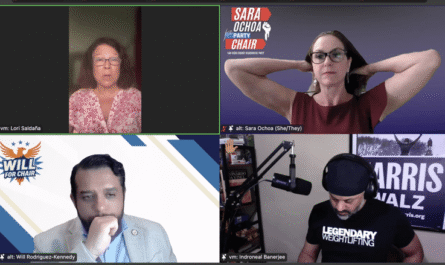San Diego is moving to ban landlords from overcharging tenants for city utilities after renters accused property owners of charging more than their fair share.
For years, San Diego renters have demanded more transparency from landlords over how they calculate the utility bills they charge tenants. The city is now responding to their calls by ramping up renter protections, especially as it expands the utility fees it charges San Diegans.
The new tenant protection is now one step away from becoming law after the San Diego City Council unanimously passed the ban Tuesday morning. It now just needs Mayor Todd Gloria’s signature to take effect, which may happen as early as August.
“Any way we can save folks money is a worthwhile effort,” said Councilmember Sean Elo-Rivera, whose office proposed the ban, at Tuesday’s vote.
What utilities are tenants responsible for?
The city has historically charged property owners for water, stormwater and sewage services — all costs that landlords may pass onto tenants. Since July 1, the city also added a
new, contentious fee
on
trash pickup
, a move that has been studied since voters narrowly passed
Measure B
in 2022.
Elo-Rivera’s office introduced the new renter protection because his team worried the trash fee would create more opportunities for landlords to overcharge tenants for a profit. The new trash fee won’t apply to large apartment buildings, which have to pay for private trash pickup, but it does affect smaller complexes, like townhouses and duplexes.
What rights do renters have under the new policy?
While state law already prohibits landlords from overcharging tenants, some San Diego renters have for years suspected that landlords and third-party utility billing services have been charging them more than their fair share.
They just haven’t always had the resources to prove it.
The issue went to court in 2022 after a handful of San Diego tenants filed a
class action lawsuit
against the company
Conservice
, a popular option landlords turn to for calculating and charging renters’ utility bills. Renters accused Conservice of lacking transparency because the company refused to supply renters with copies of their landlord’s utility bills so tenants could verify whether they were being overcharged.
The new renter protection aims to give San Diego renters those resources. The ban would not only make it illegal for landlords to charge tenants more than what they pay to the city for utilities — excluding late fees — but it would also give renters the right to request the landlord’s utility bill and the formula used to calculate each tenant’s utility charges.
Landlords must also disclose to renters any fees they’re charging for third-party utility billing services under the new policy.
“There is a massive power imbalance that exists between tenants and landlords,” Elo-Rivera said at a May council committee meeting about the new renter protection.
“Large corporate housing companies exploit this to charge renters whatever amount on their utilities they can get away with because the tenants do not have the power to fight it, nor the luxury to move without potentially uprooting their lives.”
Utility overcharges part of cost-of-living crisis
As the council has considered the reform over the last few months, tenants have championed the new policy because it requires landlords to be more transparent.
For those tenants, hefty utility fees are just one component of San Diego’s cost-of-living crisis. Housing costs in America’s Finest City have ballooned to become
some of the highest levels in the country
.
Natalie Raschke, a homelessness advocate at San Diego nonprofit
Lived Experience Advisers
, is no stranger to the issue. She and family were homeless for over two years after she and her husband lost their service jobs during the pandemic.
Get neighborhood news in your inbox. It’s free and enlightening.
Join the 20,000+ people who get Times of San Diego in their inbox at 8 a.m. every day – plus breaking news alerts.
We’ve also added weekly updates from San Diego neighborhoods! By clicking sign up, you agree to the
terms
. Select below.
Now, Raschke’s family rents an apartment in Mission Valley. There, Raschke told a council committee in May that her family pays a monthly trash fee of $102 to a third-party billing service — over double the
highest pickup fee
currently charged by the city.
“These hidden fees have got to stop,” Julie Porter, Raschke’s colleague and a fellow renter, told the council at a meeting last month about the new tenant protection.
“It has to be transparent — know upfront what you’re going to be paying, instead of nickel and diming for this water fee and that sewer fee and that trash fee.”
As of June 30,
Zillow data
indicates that the average rent in San Diego was nearly $3,150 a month — over $1,000 more than the national average.
Elo-Rivera painted the new renter protection as a “narrow” way to make one aspect of San Diego’s cost-of-living more affordable for renters.
Despite this, landlords and their advocates, like public policy consultant Craig Benedetto, criticized the reform as “a solution searching for a problem.”
Benedetto told a council committee in May that he didn’t know of any cases of utility overcharging among the landlords he works with at his consulting firm,
California Strategies
.
He acknowledged, however, that it could be possible other landlords were overcharging renters.

 by
by 

